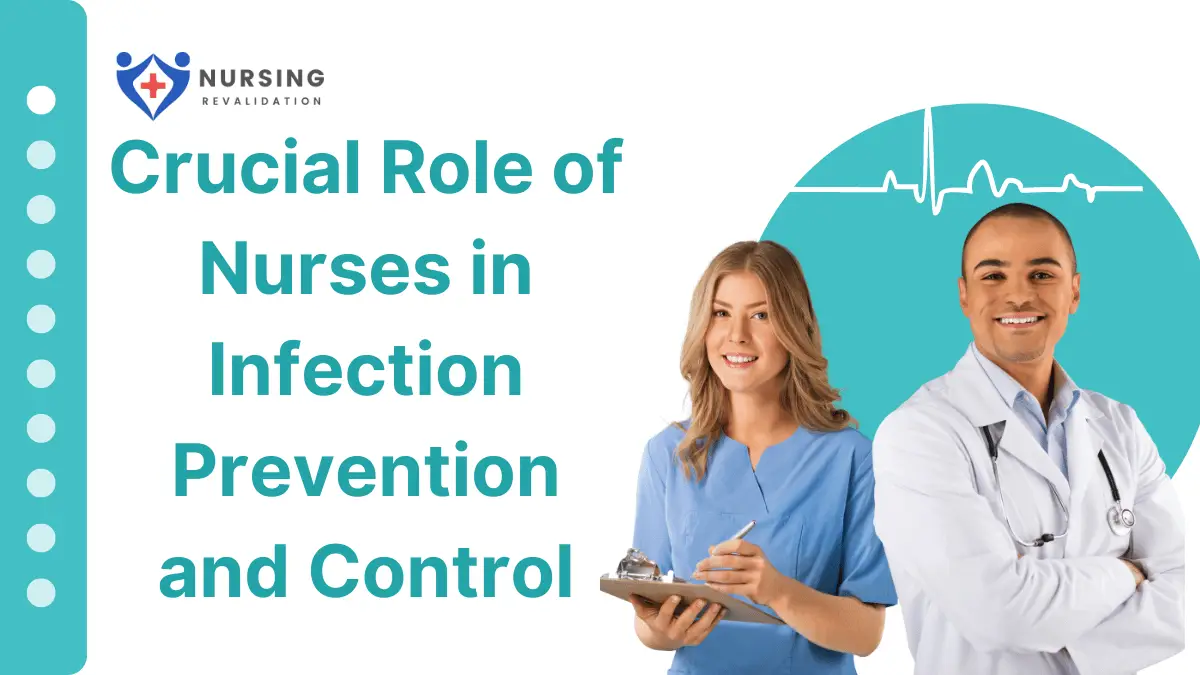In the realm of healthcare, the role of nurses in infection prevention and control cannot be overstated. Beyond their traditional caregiving duties, nurses serve as frontline defenders against the spread of infectious diseases in clinical settings. This comprehensive guide delves into the vital functions nurses perform in infection prevention and control, highlighting their expertise, responsibilities, and the impact of their actions on patient safety and public health.
Understanding Infection Prevention and Control:
Infection prevention and control (IPC) encompasses a series of measures aimed at minimizing the risk of healthcare-associated infections (HAIs) among patients and healthcare workers. These measures include hand hygiene, proper use of personal protective equipment (PPE), environmental cleaning, and adherence to isolation precautions. Nurses play a central role in implementing these strategies to mitigate the transmission of pathogens within healthcare facilities.
Real-World Application of IPC Strategies:
To illustrate the practical application of IPC strategies, let’s consider a hypothetical scenario in a hospital setting:
| IPC Strategy | Implementation Steps |
|---|---|
| Hand Hygiene | – Perform hand hygiene before and after patient contact. |
| – Use alcohol-based hand sanitizer or soap and water as per protocol. | |
| Personal Protective Equipment (PPE) | – Wear appropriate PPE (e.g., gloves, gowns, masks) when handling potentially infectious materials or during patient care. |
| – Dispose of used PPE properly according to facility guidelines. |
The Expertise of Nurses in IPC:
Nurses possess specialized knowledge and skills in infection prevention and control acquired through rigorous education and training. Their expertise extends to understanding the modes of disease transmission, identifying high-risk situations, and implementing evidence-based practices to prevent infections. Moreover, nurses continually update their knowledge to stay abreast of emerging pathogens and evolving best practices in IPC.
Responsibilities of Nurses in IPC:
- Surveillance and Monitoring: Nurses are responsible for monitoring patients for signs and symptoms of infections, promptly identifying any deviations from baseline health status. Through vigilant surveillance, nurses can detect outbreaks early and implement control measures to contain the spread of infection.
- Education and Training: Nurses educate patients, families, and colleagues about infection prevention practices, emphasizing the importance of hand hygiene, respiratory etiquette, and proper use of PPE. Additionally, nurses provide training sessions and in-services to healthcare staff on IPC protocols and procedures.
- Compliance Enforcement: Nurses enforce adherence to IPC guidelines and protocols among healthcare personnel, ensuring compliance with standard precautions, transmission-based precautions, and aseptic techniques. They conduct regular audits and assessments to evaluate compliance levels and identify areas for improvement.
- Collaboration and Communication: Nurses collaborate with multidisciplinary teams to develop comprehensive IPC plans tailored to the unique needs of patients and clinical settings. Effective communication among healthcare providers is essential for coordinating IPC efforts and implementing cohesive strategies to prevent infections.
The Impact of Nurses on Patient Safety:
Nurses play a pivotal role in safeguarding patient safety through their diligent efforts in infection prevention and control. By implementing robust IPC measures, nurses reduce the risk of HAIs, which can lead to prolonged hospital stays, increased healthcare costs, and adverse patient outcomes. Furthermore, nurses contribute to maintaining a safe and conducive environment for patient care, fostering trust and confidence among patients and their families.
Conclusion:
In conclusion, nurses play a pivotal role in infection prevention and control, leveraging their expertise, responsibilities, and dedication to safeguard patient safety and public health. Through vigilant surveillance, education, compliance enforcement, and collaboration, nurses contribute significantly to reducing the burden of healthcare-associated infections and creating safer environments for patient care. As frontline defenders against infectious diseases, nurses exemplify the principles of excellence, expertise, and trustworthiness in their practice, embodying the highest standards of professionalism and integrity.


